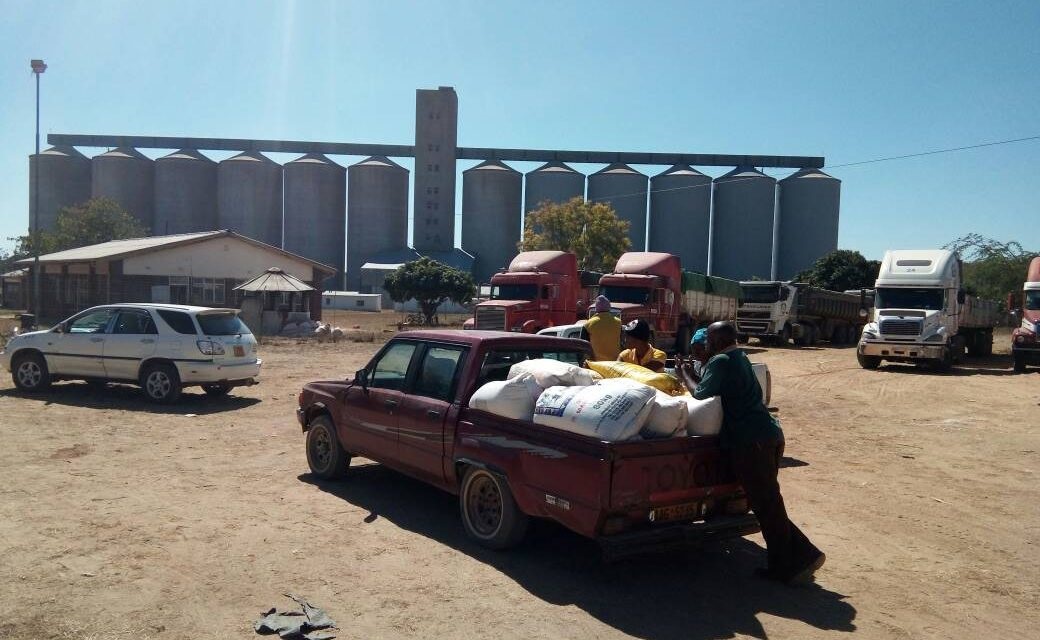Agriculture Reporter
The Government of Zimbabwe, through the Grain Marketing Board (GMB), is set to embark on a nationwide project to construct smart grain silos, with engineers already on the ground for site identification.
A GMB representative, speaking to the Harare Post on condition of anonymity yesterday at the ZANU PF Conference in Bulawayo, revealed that the project is a key step in the government's shift towards smart agriculture.
"Government is committed to enhancing food security and boosting agricultural productivity by adopting modern technologies. Engineers are currently conducting assessments across the country to determine the best locations for these smart silos," the representative said.
The move towards smart agriculture, which integrates advanced technologies into farming processes, is expected to revolutionize Zimbabwe's agricultural landscape.
Smart agriculture technologies include a range of innovative tools designed to improve the efficiency, productivity, and sustainability of both crop and livestock production.
A crucial element of this system is the smart grain storage silo.
Smart grain silos are equipped with cutting-edge sensors, monitoring systems, and control mechanisms that optimize grain storage conditions.
These technologies help regulate factors such as temperature, humidity, and pest control, ensuring minimal grain losses.
The smart silos can prevent spoilage caused by moisture and pest infestations, thus maximizing the shelf life of stored grains and securing Zimbabwe’s grain reserves.
“With traditional silos, the country has been facing challenges such as post-harvest losses and pest damage. Smart silos provide real-time data on storage conditions, allowing timely interventions to protect stored grains. This makes them vital for food security, especially in times of unpredictable weather patterns and fluctuating crop yields,” the GMB official added.
The GMB official emphasized that the initiative is part of the government's broader strategy to modernize agriculture by integrating technology across the entire farming value chain.
In line with this, the smart silos will serve as hubs for efficient grain management and provide valuable data to inform future farming practices.
"The move to smart agriculture is a game-changer for Zimbabwe. By leveraging technology, we are not only increasing productivity but also safeguarding our food reserves against external shocks such as climate change and economic disruptions," the representative said.
The siting of these smart silos is being conducted in various strategic locations nationwide, with plans to have construction underway by the first quarter of 2025.
The construction of smart grain silos is a significant development, aligning with the government’s goal of modernizing agriculture.
It also directly supports this year's ZANU PF Conference theme: "Towards Modernisation, Innovation, and Sustainable Economic Development," which emphasizes the adoption of innovative solutions to drive national progress.




